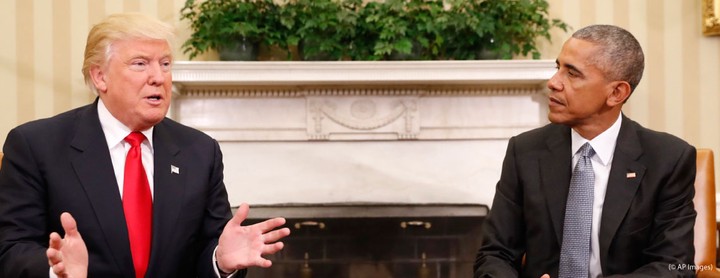
Abstract
Few issues are more salient for voters or more important in political decision making than economic conditions, and no American public official is more closely associated with the economy than the president. Existing scholarship disagrees, however, about how partisan loyalties affect economic evaluations. We study how partisan control of the presidency affects economic perceptions using nine waves of panel data collected around the 2016 presidential election from a national probability sample. We find that while individual-level perceptions are largely stable across time, the change in partisan control of the White House was associated with more positive evaluations among Republicans and more negative evaluations among Democrats. However, these eects are statistically significant yet substantively modest in magnitude. Our results indicate that partisanship is less strongly associated with economic assessments than previous scholarship has claimed and suggest more sanguine conclusions about the prospects for presidential accountability even in a partisan era.